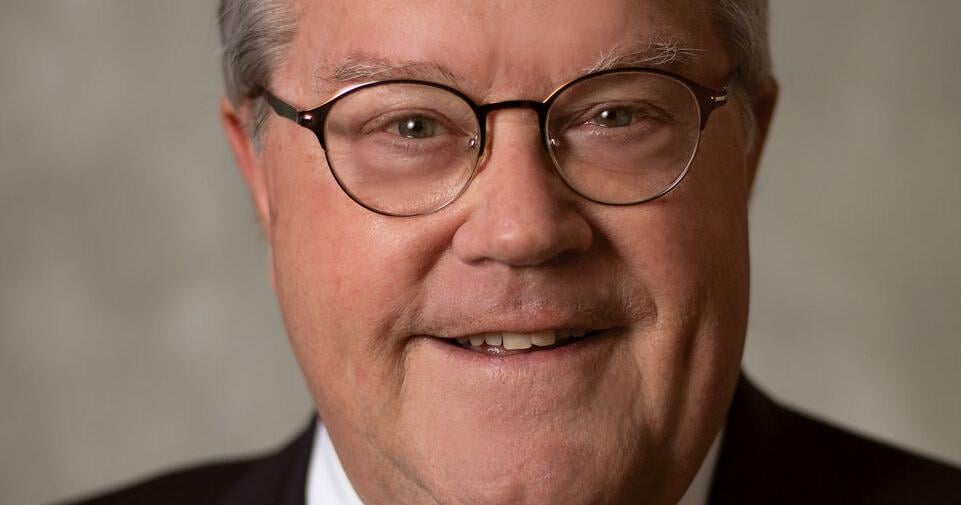
In May, 1961, Alabama Public Television celebrated its 6th birthday as the nation’s first educational television network. Across the country, public television signals were beginning to blink on in those still-early days of TV, but the pace wasn’t fast enough for Newton Minow.
Minnow was then the newly appointed head of the Federal Communications Commission – a position he took seriously as the “keeper” of the nation’s broadcast airwaves. Those airwaves, he believed, were not up to the job they were tasked with fulfilling, that of keeping America’s viewers not just entertained but also informed and engaged in their world.
Minnow went so far in his May speech to the National Association of Broadcasters that year as to lecture them about the content of their emerging industry – calling its program offerings a “vast wasteland” of boredom. He urged broadcasters to do better. And they did.
Within six years a national system of educational television was organized by Congress and the Corporation for Public Broadcasting (CPB) was created. In just a couple of years we met Fred Rogers in his new TV “neighborhood,” and we all began humming the theme song to “Sesame Street” as we welcomed new friends Bert and Ernie to TV’s expanding program mix. Many other significant successes in television programming followed. The CPB has served us well.
Today, we face a crisis with public television – and the issue is the funding it so desperately needs. The President has threatened to reduce or even eliminate funding for public television and public radio, and the villain in this drama, as in so many dramas these days, is politics.
Some voices in power don’t like some CPB programs. Other voices in positions of power believe certain programming is vital to a healthy mix of ideas in the TV marketplace. We struggle to agree, or to even try to find a compromise.
Here in Alabama, members of the Alabama Educational Television Commission are appointed by the Governor. The Commission, in turn, appoints members to a Foundation Board to oversee the funding of the organization from a variety of sources, one of which is the Corporation for Public Broadcasting. As chair of the Foundation Board, I write today to focus the public’s attention on four basic facts about this critical funding source:
● Of the approximately $23 million annual APT budget, almost $3 million comes directly into our state from CPB – about 13% of the total. Cuts of that magnitude would devastate almost any budget, public or private. Services – including programming – would likely be reduced, and a pinch felt even possibly in staff support.
● Public television is not allowed to “sell” its available programming time and must rely for support on the good will and charitable spirit of donors – like many of you. These efforts would certainly be ramped up, but a 13% mountain is tough to climb in the funding world. It’s not likely that the gap could be appreciably closed.
● Nationally produced educational programming would face deep cuts, as would locally produced, Alabama-specific programs. In-person teacher training programs would not be exempt.
● APT and other public broadcasters across America provide a reliable and secure fiber “backbone” that activates in times of emergencies or disasters, including the dissemination of severe weather information as well as ancillary services such as supporting the Amber Alert network.
For the 22nd year in a row, public television was ranked last year as the nation’s most trusted institution, with 76% of Americans agreeing that public television provides an excellent value to communities. Public media has earned the broad support of the American people, across the political spectrum, including 65% of those who voted for President Trump who think public television is either adequately funded or underfunded, according to a recent YouGov survey. That bipartisan support in the public has been consistently reflected in Congress, which approved funding for public media just a few weeks ago in the final fiscal year 2025 funding bill.
I strongly believe that, were Newton Minow alive today, he would join forces with the nation’s public broadcasters to preserve – not destroy – this critical funding for public television, and that he would be a proponent of the variety of programs offered on public stations today. In that spirit, I strongly urge Congress to reject any destructive proposals to rescind, cut or eliminate public media funding.
Barry Copeland
Chair
Alabama Education Television Foundation Authority
